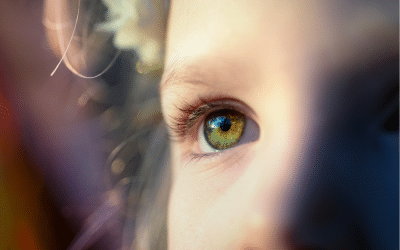Chimeras are embryos which have mixed animal and human cells. At the annual meeting of the American Association for the Advancement of Science (AAAS) * recently held in Austin, Texas from February 15-19, a research team announced that they had created sheep-human hybrid embryos.
Their declared objective is to “cultivate” human organs inside animals, to obtain grafts to cope with the shortage of organ donations. This research relied on previous experiments conducted by some of the same team members who were able to develop human cells in pig embryos.
Hybrid embryos were therefore created using sheep embryos, produced via IVF, in which they injected 0.01% of human stem cells, either from human embryos or somatic (adult) cells reprogrammed as stem cells. The experiment was halted after 28 days of embryonic development.
This research intends to ensure embryonic development, and implantation to result in newborn baby animals from which the organs would be removed (heart, lungs …).
This experimental research project is very controversial. It raises very important ethical questions: not the least of which is that human embryos are being treated as objects. It raises the issue of the borderline being respected between humans and animals. Although the ratio of human cells is very low, their proliferation during embryonic development is possible. They could even settle in the brain or the sexual organs of animals, says Hiro Nakauchi, stem cell biologist at Stanford University who collaborates with Professor Ross. What would be the consequences?
Besides, the ratio of human-animal cells, during a press briefing, “is not yet enough to generate an organ” Professor Ross declared. Approximately 1% of the embryo needs to be human for organ transplantation to function, reports The Guardian. To make progress, there is a risk of pushing the research tests forward, by injecting more and more human cells. A potential graft could still be rejected, with the recipient recognizing the animal cells as a “foreign body”.
Alliance VITA points out that French law prohibits the creation of chimerical embryos. Nevertheless, the question is being discussed in the current National Bioethical Conferences, under the heading “Stem Cells and Embryo Research”: “Should we authorize scientific research to produce embryos which are transgenic or chimerical? Extreme vigilance is required not to exploit the public’s opinion, the individuals and their families waiting for transplants with the promise of these experimental chimeras. Far from being perfect, they may never exist nor function. Furthermore, the human embryo must be respected and using for experiments by sorcerer-apprentices should be condemned.
* American Association for the Advancement of Science
________________
For further information:
Did You Say ALL Children’s Rights?
20th November, the international day for children's rights. Did you say ALL children's rights? The international day...



